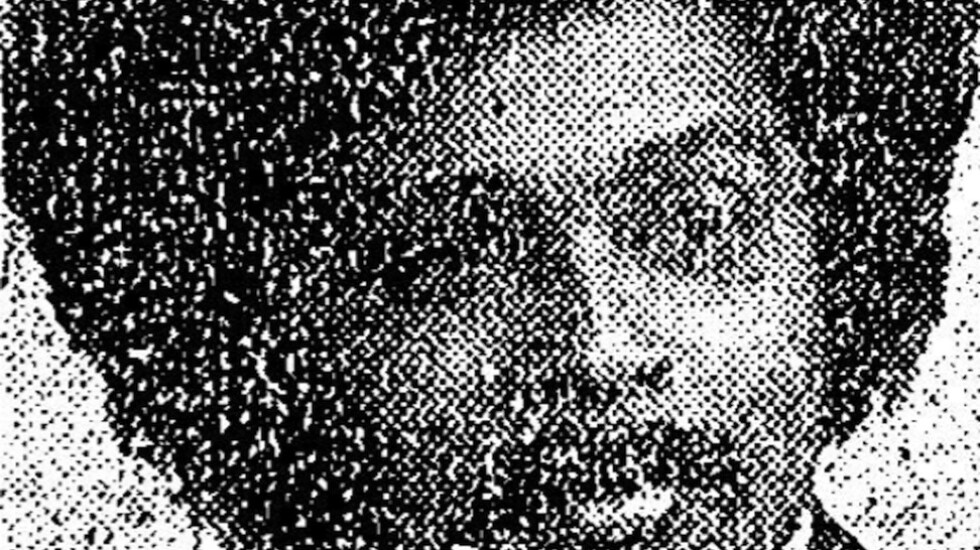
At 80, the half-brother of the Rev. Jesse Jackson has been freed from prison under the federal First Step Act after a federal judge cut short his life sentence for ordering contract killings.
Noah Robinson Jr., an Ivy League-educated millionaire businessman with fast-food restaurants, was convicted of hiring hit men from Chicago’s notorious El Rukn street gang to kill a boyhood friend, Leroy “Hambone” Barber, after they got into a fistfight in South Carolina, where they’d grown up.
A woman who witnessed the killing was wounded in a later hit that Robinson ordered, and he ordered another hit that wasn’t carried out, prosecutors said. Robinson also was accused of helping El Rukn members connect with East Coast cocaine and heroin suppliers.
Robinson was taken into federal custody in 1989 and sentenced to life in prison, but his 1991 conviction was overturned after prosecutors were accused of misconduct. He was retried in 1996 and sentenced to life in prison — a sentence that has been commuted to time served. He was released last month.
Robinson had asked in 2020 for a “compassionate release” under the First Step Act signed into law by former President Donald Trump in 2018.
On Oct. 27, U.S. District Judge Rebecca Pallmeyer freed Robinson over the objection of prosecutors. She cited his age, declining health and the risks posed in prison by COVID-19. According to a letter to the court from one of his daughters, Robinson suffers from chest pains, dizziness, falls and forgetfulness and has had trips to the emergency room.
“Robinson was convicted of brutal crimes, but he is 80 years old and has now been in custody for almost 33 years,” Pallmeyer wrote. “That is a significant period for the purposes of punishment and general deterrence.”
According to the order releasing Robinson, he plans to live in Chicago with one of two daughters, who have promised to take care of his medical and other needs.
Previously, in 2001, President Bill Clinton turned down a request from Jackson to pardon Robinson. Jackson has said he promised his father on his deathbed that he would do his best to help Robinson.
In a court filing, prosecutors opposed Robinson’s early release, pointing to the “extreme seriousness of Robinson’s offenses and his long history of violent criminal conduct.” They also pointed to Robinson’s relationship with the El Rukn gang, saying members approached him and other Chicago businessmen to contribute to a bond fund for Jeff Fort, the gang’s leader.
“Robinson contributed approximately $10,000 to the bond fund and told the El Rukns that if they wanted to make some real money he could introduce them to a man named Thomas Allen Burnside, aka ‘Blue,’ a childhood friend of Robinson’s who operated a major cocaine and heroin distribution network in several major cities on the East Coast,” prosecutors wrote. With Robinson’s drug connections, the gang was able to expand and “reap huge profits,” they said.
Robinson also had a secret, 50/50 partnership with Fort and tried to get food-service contracts from the City Colleges of Chicago, according to prosecutors, who said the arrangement was intended to help El Rukn members launder drug proceeds.







